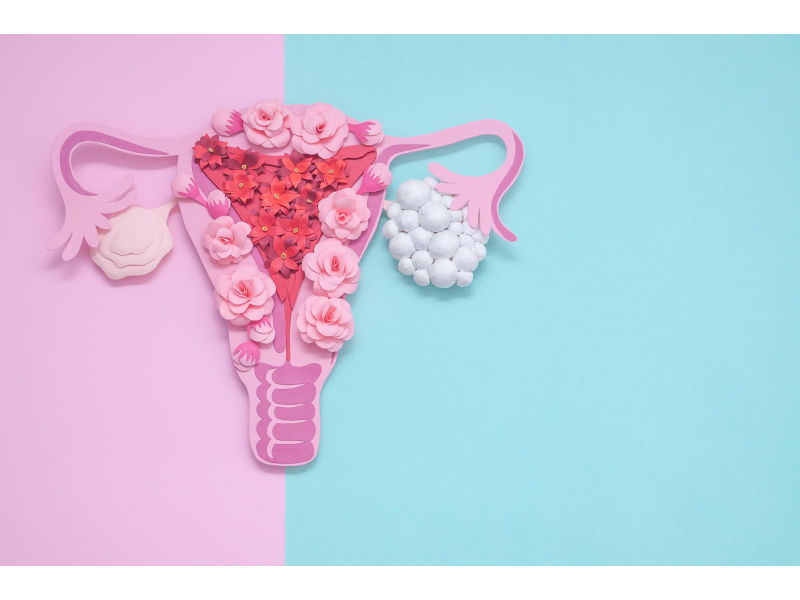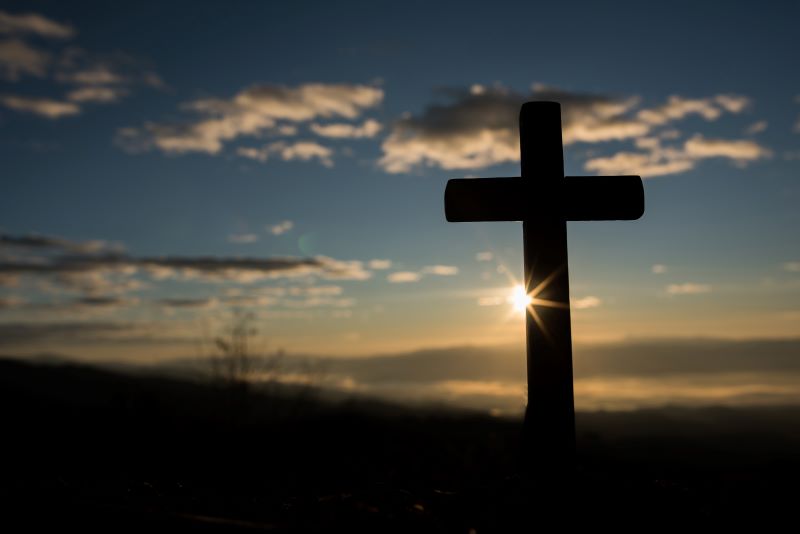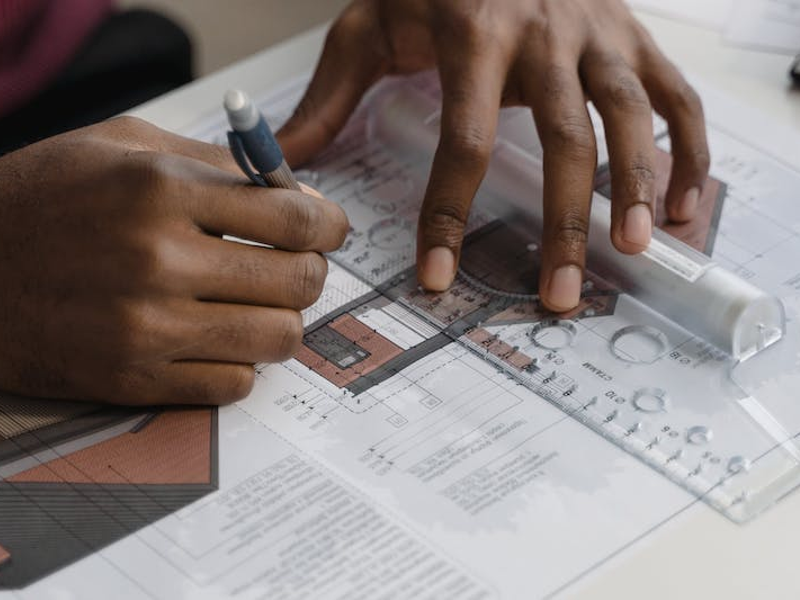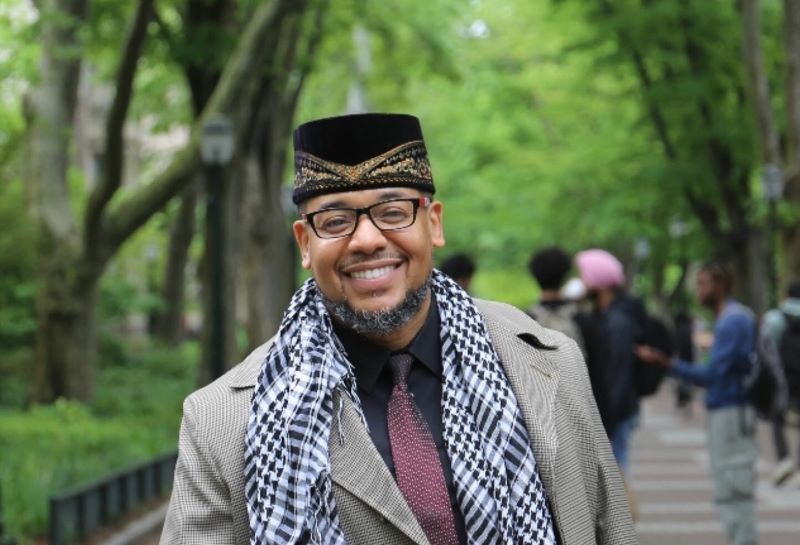Singer and songwriter Chrisette Michele is one of few Black celebrities that revealed that she has been living with polycystic ovarian syndrome (PCOS). What is PCOS? It’s a hormonal disorder that causes immature follicles to surround the ovary. Although the condition is common among women of reproductive age and can cause infertility, it can lead to other medical issues like heart disease, diabetes, sleep apnea, and endometrial cancer.
PCOS symptoms include:
- Irregular menstrual cycles or no period at all
- Weight gain or difficulty losing weight
- Extra body hair on the face, belly, chest
- Acne on the face, back, or chest
- Creases in the skin, darkening of the skin, or skin tags around the groin, neck, breasts, and armpits
- Anxiety, or depression
- Fatigue
Between 5% and 10% of women of reproductive age (15–44) are affected, and as many as 5 million women in the United States. Yet for a condition that is increasingly common, the PCOS Foundation says less than 50% of women have been diagnosed, and according to the Office of Women’s Health, most women find out they have PCOS in their 20s and 30s when they have problems getting pregnant and see their doctor.
Many argue that the diagnosis for PCOS doesn’t happen often as it should because of medical professionals’ biases. Despite the name containing the word ‘cystic’, many women with PCOS never develop cysts and thus many medical professionals dismiss a patient having PCOS. Racial biases in the medical world make it difficult for PCOS to be correctly diagnosed in Black women. In an interview, the Executive Director of the PCOS Challenge: The National Polycystic Ovary Syndrome Association, Sasha Ottey said women of color and especially those with larger bodies are not believed by medical professionals. “Your doctor will tell you that you’re eating too much, or you need to exercise more without offering other more effective treatment options. In India, Australia, South Africa, Nigeria — it’s the same story. They’re just not believed,” said Ottey.

Although there isn’t an ethnicity or race that is more likely to get PCOS, PCOS affects Black women differently. A study by the Department of Obstetrics and Gynecology and c Center for Clinical Epidemiology and Biostatistics at the University of Pennsylvania concluded that Black women with PCOS have an increased risk for metabolic syndrome and cardiovascular disease compared with White women with PCOS. This means that Black women with PCOS are more likely to struggle to lose weight and suffer from obesity and more likely to suffer from heart disease.
Another study published in the American Journal of Obstetrics and Gynecology found that Black and Mexican women have greater hyperinsulinemia and insulin resistance compared to White women, making them more prone to Type 2 diabetes –a common condition associated with PCOS. Black women with PCOS are more likely to suffer from hirsutism which excess hair growth in typical male patterns. According to Black Women’s Health Imperative, Black women with PCOS have an even lower risk of getting pregnant as obesity is a risk factor for infertility. Even with the option of in-vitro fertilization (IVF), a 2018 study presented at the American Society for Reproductive Medicine conference found that Black women have lower IVF success rates than White women.
There is no cure for PCOS but the symptoms are treatable. Earlier diagnosis can give women the opportunity to better manage the emotional, internal, and physical effects of PCOS. More inclusive research on PCOS is needed for a better diagnosis rate and organizations such as the PCOS Challenge are calling for governments to see the condition as a public health priority.
Source

Boitumelo Masihleho is a South African digital content creator. She graduated with a Bachelor of Arts from Rhodes University in Journalism and Media Studies and Politics and International Studies.
She’s an experienced multimedia journalist who is committed to writing balanced, informative and interesting stories on a number of topics. Boitumelo has her own YouTube channel where she shares her love for affordable beauty and lifestyle content.





